
A Synopsis of The War Room by Warren Kinsella
Political Strategies for Business, NGOs, and Anyone Who Wants to Win
{This is a synopsis that contains some verbatim elements (probably) so again, this is simply my notes on the book}
 A Synopsis of The War Room by Warren Kinsella
A Synopsis of The War Room by Warren Kinsella
Foreword by the Right Honourable Jean Chrétien [Former Canadian Prime Minister] – “I am delighted that people have bought Warren Kinsella’s new book, but I would be more delighted, and so would they, if they bought mine. In all seriousness, I can reveal that Warren is passionate, loyal and a good guy to have on your side in a political fight. When he worked for me, and afterwards, he never hesitated to fight the good fight. His book is about how war rooms can help you to win. I encourage everyone to read it.”
Introduction: Welcome to the War Room
Warren Kinsella begins by explaining the concept of the war room. James Carville, George Stephanopoulos, popularized it in the media and the public during the 1992 Presidential election campaign. They needed to move quickly on Clinton’s alleged sex scandals, past drug use, and draft dodging. The War Room is perceived as a pejorative term when it is not. Media has evolved and continues to do so. Kinsella explains that the voting public doesn’t have time to study politics closely. The public needs the message quickly and therefore a new political technology needs to be honed. The War Room is a defensive and centralized organization within political campaigns that disseminates spin in response to attacks from the opposing camp(s). The rules of campaigning make it imperative to have quick responses to attacks. Politicians publicly decry attacks and talk about changing the way politics is done but ultimately the public love a good car accident and/or political attack. The politics of personal destruction is the name of this game. This is the premise of the entire book.
Kinsella emerged as a young Calgary lawyer who jumped onto the Chrétien campaign in 1989 during which the Meech Lake Accord dominated Canadian political discourse. Warren Kinsella opposed Meech. After learning in detail how a war room functions, Kinsella advised Chrétien that the 1993 election required a near carbon copy of James Carville’s war room. This book discusses Kinsella’s experience in the Federal elections of 1993, 2000 and Ontario provincial election of 2003. Kinsella is an investigative journalist at heart: who used his talents to get dirty to help his candidates. Negative ads work, Kinsella is nasty with a cause. His Conservative adversaries called Kinsella the ‘Prince of Darkness’. Kinsella does not deny that people that he hates in return hate him. For Kinsella, loyalty is everything. He will go down the campaign and defend his friends viciously. Anyone who breeches his trust cannot be trusted.
Lesson One: Let’s Get Started!
 The 1896 US Presidential election: McKinley’s campaign becomes historic as the first with a campaign manager who orchestrated massive pilgrimages to see McKinley speak instead of having him travel the United States. Campaign managers must impose order upon chaos. Campaigns are a mishmash of emotions, egos and ambitions that are sometimes too big, and budgets, resource and timetables too small. Campaigns need money. It is the core of a successful effort. However, the best people don’t need money they want to fight for beliefs and ideas. Campaigns need to be structured with the manager-type, media person, head policy wonk, the fundraiser, the volunteer coordinator and the war room director. A campaign should have a calendar of events, with a linear plan of action. Campaigns must understand their candidate. Paul Martin was foolish in being all things to all people, for example (more on him later). Campaigns need detailed records of what the opposition have said. Opposition research is about scrutinizing the public record. Stockwell Day supported a flat-tax, for example (more on him later). Campaigns need The Message. Campaigns need to plan for contingencies.
The 1896 US Presidential election: McKinley’s campaign becomes historic as the first with a campaign manager who orchestrated massive pilgrimages to see McKinley speak instead of having him travel the United States. Campaign managers must impose order upon chaos. Campaigns are a mishmash of emotions, egos and ambitions that are sometimes too big, and budgets, resource and timetables too small. Campaigns need money. It is the core of a successful effort. However, the best people don’t need money they want to fight for beliefs and ideas. Campaigns need to be structured with the manager-type, media person, head policy wonk, the fundraiser, the volunteer coordinator and the war room director. A campaign should have a calendar of events, with a linear plan of action. Campaigns must understand their candidate. Paul Martin was foolish in being all things to all people, for example (more on him later). Campaigns need detailed records of what the opposition have said. Opposition research is about scrutinizing the public record. Stockwell Day supported a flat-tax, for example (more on him later). Campaigns need The Message. Campaigns need to plan for contingencies.
 Kinsella believes that James Carville is a GOD-like communicator. Political campaigns aren’t places for original ideas. Emotions defeat reason in politics. Carville had an interesting career. Demeaning your opponent in a funny way is extremely effective. Carville believes that strategy is hard and tactics are easy. Strategy is an overall plan like the now famous 1992 campaign:
Kinsella believes that James Carville is a GOD-like communicator. Political campaigns aren’t places for original ideas. Emotions defeat reason in politics. Carville had an interesting career. Demeaning your opponent in a funny way is extremely effective. Carville believes that strategy is hard and tactics are easy. Strategy is an overall plan like the now famous 1992 campaign:
• Change Versus More of the Same
• It’s the Economy, Stupid
• And Don’t Forget Health Care
Lesson Three: Get Your Message Out (For Free)!
Gandhi hated the media, reporters and photographers. Even the man behind Satyagraha had a negative opinion of that profession. Political consultants hate journalists for the same fundamental reasons. They are ‘intensely evil bottom feeders’; inherently driven by a desire to bring politicians down. Journalists are naturally drawn to negativity, criticism and attacks.
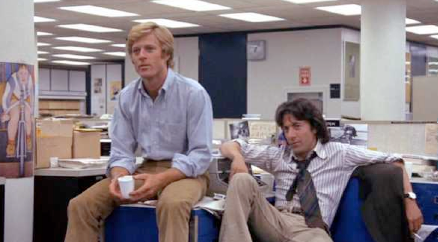 Warren Kinsella was a journalist, so he sympathizes with both sides. He, in fact, sees mainstream media as the boards in a hockey rink. They contain the players or political actors on the ice and restrict, control and guide the political discourse. The media has agenda-setting power. The boards are your friends because it’s true. The media is your friend, kind of. The boards are hard, the media are equally tough and will be there well after your political careers have blow in the wind. The media, like the boards, can be helpful for the players/politicians on the ice rink. During the campaign, candidates will run low on funds etc. There are no shortages of problems. With the right shoot of the puck, with the right spin you can avoid the most troublesome obstacles on the ice.
Warren Kinsella was a journalist, so he sympathizes with both sides. He, in fact, sees mainstream media as the boards in a hockey rink. They contain the players or political actors on the ice and restrict, control and guide the political discourse. The media has agenda-setting power. The boards are your friends because it’s true. The media is your friend, kind of. The boards are hard, the media are equally tough and will be there well after your political careers have blow in the wind. The media, like the boards, can be helpful for the players/politicians on the ice rink. During the campaign, candidates will run low on funds etc. There are no shortages of problems. With the right shoot of the puck, with the right spin you can avoid the most troublesome obstacles on the ice.
Research data shows that political consultants hate the media. But they need to recognize that they are bound together by the political discourse for eternity. Consultants need to realize that the media can save your expensive campaign money. Lots of money. If you have a story to tell the media can tell it. You need to gain earned media coverage. You need to learn how to control the media. Perot ’92 campaign spent millions of dollars to control the message because they couldn’t control the media. Gary Hart’s 1987 campaign was destroyed when the media followed him around to see all the women he was doing on the side. He should have taken Kinsella’s advice.
Read Kinsella’s Twelve Handy and Immutable Media Rules:
1) The Press is the Enemy, Sort of: Chris Matthews said the mission of the journalist is to find a good story, which constitutes bad news reporting. The media aren’t entirely the enemy but never believe they are your friends. Never talk to a journalist like he or she is your friend. If you need a friend on the campaign get a fucking dog.
2) Leave No Charge Unanswered: Hit back or lose. Don’t wait long when someone is attacking you. With the 24 hour – 7 day news you must be quick or dead. Never leave a charge unanswered.
3) Nothing Is Off the Record: Even when you ask a journalism to listen off the record, journalists will not turn off the recorder. When you lay the ground rules with the journalist recognize that they will take a juicy story a thousand miles over following proper decorum. Proceed with caution!
4) Politics Is War: Journalists love militaristic analogies. Blood, corpses, murder very intriguing. Get attention by using apocalyptic terminology because the media will lap it up.
5) Keep It Simple, Stupid: Carville believed it in the Bill Clinton war room. So should you. First of all, most voters are completely overwhelmed, they don’t have time to learn the party platforms: make it simple. Second of all, political reporters don’t have time or the inclination to analyse policy documents. Campaigns are up against “data smog”. Don’t insist on making it complicated. Relegate academics to serving coffee.
6) Get It Right the First Time: Dan Quayle’s June 1992 visit to an elementary school in Trenton where he told a student that Potato was spelt with an “e”. Don’t make a massive mistake. It’s media gold. Try not to be gaffe ridden.
7) Swords Are For Falling On: Stockwell Day made an analogy involving the brain drain and the Niagara Falls’ draining from north to south. Unfortunately, it drains southwest to northwest into the Ocean. Day blamed someone else for his mistake instead of accepting responsibility. The Bottom Line? Mistake-making campaigners should, if the circumstances warrant, fess up, laugh at themselves, and then move on. Periodically falling on one’s sword is excellent politics.
8) The Orchestra Pit: Ailes, a Nixon adviser, said that if one candidate says that they have a solution to the Middle East crisis and the other candidate falls off the front of the stage in mid-sentence guess who makes the front page? When given choice journalists always go negative.
9) Spin Is B.S: You can’t shine shit. Spin can only get you so far. The media love to do research that contradicts your statements.
10) TV Is Pictures: B.C. Liberal Premier Gordon Campbell once said to Warren, “It’s 10 percent what you say, 20 percent how you say it, and 70 percent how you look.” TV anchors have tiny black hearts. TV exposes how they perspire, their body language and how they dilation.
11) Sound Bites Earn Earned Media: The average sound bite in the1960s was 42.3 seconds. Now it’s 9.8 seconds. Kinsella believes that if it can’t be said in 10 seconds then it probably isn’t ever going to be explained properly. Work on your sound bite skills.
12) The Media Is a Special Interest Group: Voters tend to look for evidence that corroborates what they already believe or suspect. The media is a special interest group aligned with the enemy. But they love to be spun.
Journalists love writing about the horse race but not about the policy behind the fight. Opinion columns do not change anyone’s voting behaviour. In 2006, only the Toronto Star wanted a Liberal government. But such editorials have virtually zero impact on voters. Newspaper endorsements do not have an effect on voter choice.
Lesson Four: Get Your Message Out (For Money)!
Warren Kinsella named his company after the infamous 1964 LB Johnson ad; it is called Daisy Consulting Group. “The stakes are too high for you to stay home.” The Daisy ad is the most influential in political history. It only appeared once on September 7, 1964. But it had a profound effect. Goldwater was being painted as insane. Advertisements should arouse basic emotions. Goldwater was a radical. The ad counterbalanced his absurdity as a presidential candidate. The Democrats and their ad agencies wanted to show that Goldwater would have his finger on the nuclear button. Kinsella details how the famous ad was created. It was controversial, and effective. Goldwater underestimated the power of the spot.
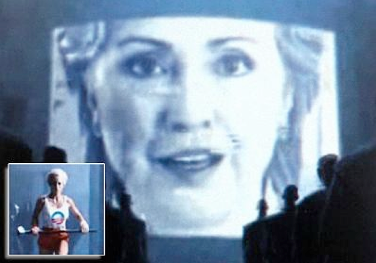 Campaigns should always try to get paid media. Paid media allows you full control of the messaging. Truman shook hands with over 15 to 20 million people. It was personal back then. But with the media, information can been transferred. You need a unique selling proposition (USP). First, the ad must make a proposition to the customer being targeted. Second, uniqueness. The ad had to be able to make a claim about the product or service that the competition could not. Three, the proposition needed to be strong. Need to motivate the masses.
Campaigns should always try to get paid media. Paid media allows you full control of the messaging. Truman shook hands with over 15 to 20 million people. It was personal back then. But with the media, information can been transferred. You need a unique selling proposition (USP). First, the ad must make a proposition to the customer being targeted. Second, uniqueness. The ad had to be able to make a claim about the product or service that the competition could not. Three, the proposition needed to be strong. Need to motivate the masses.
The classic political hacks of the Eisenhower administration sent out new releases that were shocking simplistic and argue forcefully for his elect ability. If you have “a bus driver who drives through a lawn sign, living-room and kitchen, you don’t say he had good intentions. You get a new driver.” Nixon’s checkers speech: learn about it.
Research shows that negative advertisements work. There are two reasons. First, TV is an emotional medium, and emotional messages work best with voters. Negative ads are crafted in the best dramatic tradition; they contain characterization, plot and conflict. Second, negative ads work because they are negative. Newsprint used to be owned by political leaders in Canada. R. B. Bennett set up hilarious ads where two people had conversations about how bad Mackenzie King was in 1925-30, slush funds etc. King won in 1935 but said that such ads should be banned.
There are Six Elements for a successful media campaign. 1st element, you need to develop a media plan that works. Consultants focus on (GRPs) gross rating points. The average GRP will expose a person to an ad at least once. So that 500 GRPs ensure that each person sees an advertisement 5 times. 2nd element, timing. There are unexpected events during the campaign. You should buy during the beginning and near the end of a campaign. You need to connect political objectives with advertising timing. 3rd element, get the target audience. The pollsters usually reveal the demographics, target those you want and need. 4th element, you need to spend strategically for areas of priority. Don’t spend where you are geographically disadvantaged, there will always be winner and losers in Canadian political geography. 5th element, mix your message from various media. Al Gore did shows like David Letterman and Jay Leno for a reason. Chrétien appeared on Mike Bullard. 6th element, 30-second slot is the workhorse for campaign advertising. Use the 60 or 30 minutes slots. Despite the complexity of ad buying, it is really rewarding if you make the right strategic risks.
Lesson Five: Get Creative!
A bit of career advice: if you want to avoid criticism, or embarrassed, or psychological warfare by even your relatives and closest friends – don’t get into politics. Become a bureaucrat or business person instead. Kinsella was told by Romeo Leblanc (former Governor General of Canada) to stop “fucking around” during the 1993 campaign. Secrecy is important in the politics as a job title. According to Kinsella, dirty things will go down, you need to be very hush-hush. You can’t achieve great things without taking great risks. Not taking risks is a risk itself.
 In the 2000 campaign, The Fundamental Day (a documentary) appeared on CBC. It showed that Stockwell Day (former leader of the Canadian Alliance) was very religious and was antagonistic to a pluralistic and urban democracy according to Kinsella. Day didn’t approve of abortion, lesbians, gays and single mothers, generally. Day spoke about ‘God’s law being clear.’ Day even talked about creationism. The CBC documentary was pure gold for Liberal strategist Warren Kinsella. In light of the airing, Kinsella plotted the perfect counter attack. He first had every local Liberal Party campaign watch the documentary. Although Day was a creationist, it really doesn’t matter. What Kinsella emphasized was the separation of church and state. Stockwell Day was going to impose his personal and moral vision on a Federal level which is not viable in such a religiously diverse country. James Carville (the ragin’ cajun) believed that you need to be able to make a joke about yourself and there is nothing wrong with going after someone with a nice funny statement. Warren Kinsella believes that “if I’m gonna go down, I’m gonna go down in flames.” Kinsella took a chance.
In the 2000 campaign, The Fundamental Day (a documentary) appeared on CBC. It showed that Stockwell Day (former leader of the Canadian Alliance) was very religious and was antagonistic to a pluralistic and urban democracy according to Kinsella. Day didn’t approve of abortion, lesbians, gays and single mothers, generally. Day spoke about ‘God’s law being clear.’ Day even talked about creationism. The CBC documentary was pure gold for Liberal strategist Warren Kinsella. In light of the airing, Kinsella plotted the perfect counter attack. He first had every local Liberal Party campaign watch the documentary. Although Day was a creationist, it really doesn’t matter. What Kinsella emphasized was the separation of church and state. Stockwell Day was going to impose his personal and moral vision on a Federal level which is not viable in such a religiously diverse country. James Carville (the ragin’ cajun) believed that you need to be able to make a joke about yourself and there is nothing wrong with going after someone with a nice funny statement. Warren Kinsella believes that “if I’m gonna go down, I’m gonna go down in flames.” Kinsella took a chance.
 On the CTV’s Canada Am, Kinsella argued with other parties. He never dealt with the peripheral parties focusing his attack on the Canadian Alliance. Kinsella famously pulled out a Barney doll from The Flintstones and said that it was important to remind Day that The Flintstones was not a documentary. Sometimes you need to be creative. This attack argued that Day could not be trusted with the affairs of the Canadian people. Was the Barney ploy a dirty trick? Is Kinsella a smear doctor? Well, dirty tricks have been going on as long as politics. There are detective agencies that spend all their time researching political candidates. As the Turner people lurched towards defeat they became more desperate and sneaky. 1999 U.S. Gallup poll, for example, showed that fully three-quarters of those surveyed considered ethical political behaviour to be ‘very important’. Judy LaMarsh followed Diefenbaker around the country but her stocking strategy backfired. Get creative, don’t smoke drugs but be creative. Being creative means being willing to take risks etc. You have to be willing to get embarrassed badly. Always use emotional appeals. This is the way to win on the campaign trail, according to Kinsella.
On the CTV’s Canada Am, Kinsella argued with other parties. He never dealt with the peripheral parties focusing his attack on the Canadian Alliance. Kinsella famously pulled out a Barney doll from The Flintstones and said that it was important to remind Day that The Flintstones was not a documentary. Sometimes you need to be creative. This attack argued that Day could not be trusted with the affairs of the Canadian people. Was the Barney ploy a dirty trick? Is Kinsella a smear doctor? Well, dirty tricks have been going on as long as politics. There are detective agencies that spend all their time researching political candidates. As the Turner people lurched towards defeat they became more desperate and sneaky. 1999 U.S. Gallup poll, for example, showed that fully three-quarters of those surveyed considered ethical political behaviour to be ‘very important’. Judy LaMarsh followed Diefenbaker around the country but her stocking strategy backfired. Get creative, don’t smoke drugs but be creative. Being creative means being willing to take risks etc. You have to be willing to get embarrassed badly. Always use emotional appeals. This is the way to win on the campaign trail, according to Kinsella.![]()
Lesson Six: Get Tough!
 There are causes worth fighting tough for: Kinsella despises Big Tobacco. It is an emotional issue for him. His father died of lung cancer after a life of smoking. Usually the issue is personal to you. You should always re-assess the effectiveness of your strategy and tactics before and after the campaign. With Big Tobacco, you can’t defeat them with statistics or try to win the day with columns and graphs and charts and numbers. If you come up with a hard-hitting story versus money thrown at a team, the simple story wins. Real stories are the battlefield. The tobacco merchants will never win the war. This is a real war. It’s pretty hard for an opponent like Big Tobacco to punch you if they already have my fist in their face. So Kinsella argues that you should go negative.
There are causes worth fighting tough for: Kinsella despises Big Tobacco. It is an emotional issue for him. His father died of lung cancer after a life of smoking. Usually the issue is personal to you. You should always re-assess the effectiveness of your strategy and tactics before and after the campaign. With Big Tobacco, you can’t defeat them with statistics or try to win the day with columns and graphs and charts and numbers. If you come up with a hard-hitting story versus money thrown at a team, the simple story wins. Real stories are the battlefield. The tobacco merchants will never win the war. This is a real war. It’s pretty hard for an opponent like Big Tobacco to punch you if they already have my fist in their face. So Kinsella argues that you should go negative.
Researchers emphasize that going negative is unpopular with voters. But the fact is that empirical measures cannot quantify data that is sub-conscious. The political subconscious loves a good smear campaign. The stakes are too high to go on a subtle attack. There was one battle the Kinsella remembers well where negative attacks worked. The Chrétien/Martin leadership crisis.
Don’t Commit Regicide: Paul Martin’s people reconstituted the Liberal Party oligarchy with incompetent people that destroyed the party’s viability. Kinsella mentions that David Herle didn’t accept his help. Brian Guest who is a controversial advisor for Stéphane Dion didn’t respond to Kinsella’s offer of help in a fairly backhanded e-mail. Chrétien had a 50% approval rating in 2003. He offered to stay for the Sponsorship scandal but Martin was too ambitious to wait. A civil war broke-out in the Liberal party during 2004. Martin’s people dumped Copps as well as tried to prevent Stéphane Dion from taking his seat. They then invited people like Jean Lapierre into the cabinet. Martin’s people said that the ‘Clarity Act’ was useless. Martin was a soft nationalist in Quebec. Martin then decided to turn the RCMP investigation into a commission into the sponsorship scandal, which would effectively pin all the criminality on Chrétien’s people. Paul Martin went around the country saying he was ‘mad as hell’ about the sponsorship scandal: Liberal Party dropped 15 points in one week. Kinsella was attacked with legal retribution from the angry Martinites who they wanted to control. The Martinites committed regicide.
If they listened to Kinsella things would be different. “Kinsella’s Four New Rules of Media Management”
1st, Crisis Management Rule: never call a big hairy crisis, a crisis. Never let them know that you’re in a crisis like Paul Martin did.
2nd, Public Servant Rule: these people are the most powerful people in Ottawa. Be nice to them, they do good work. Paul Martin declared war on members of the public service. It sent a negative signal to the entire bureaucratic institutions in Ottawa.
3rd, Don’t Do Stupid Things. A) keep you story straight. It’s probably not a good idea to say one thing in a press conference and then let you staff run-around saying something else. Calling Chrétien (the preceding PM) names is confusing and stupid. B) If You Take a Swing at a Professional Political brawler from a Small Town in Rural Quebec, Make Damn Sure You Knock Him Out But Good: otherwise he’s a liability to get up and beat the shit out of you.
4th, Party Leader Rule. Protect your leader very well. Protect the leader you are loyal, you must have Blind Faith. Kinsella resolutely believed that Martin was headed to a minority on his blog.
Martin should have said that the buck stops at his desk instead of blaming his predecessor. He should have said that as finance minister he should have known about the scandal and add that he plans to pass into law to make sure it doesn’t happen again. Martin should have attacked Harper’s statement that Canada was a 2nd rate welfare state. Kinsella would have had signs saying Canada is ‘Number One’.
Negative Campaigning isn’t negative for democracy. It’s part of discourse. The Annenberg Campaign Mapping Project (ACMP) discourse into three types:
(1) Advocacy, which are arguments in favour of a politician’s position,
(2) Contrast: which are arguments contrasting two or more political choices,
(3) Attack: which are arguments critical of an opponent or the opponent’s position on something.
Only 3 are negative. Reporters are more negative in a day than you will be in your lifetime.
Negative campaigning isn’t becoming more widespread. It just isn’t. It’s true that after every campaign, editorialists and political scientists churn our pious thumb-sucker opinion pieces about how awful and nasty and unpleasant the latest election was. A poll in the 1996 Clinton v Dole race showed that negative ads increased both the turnout and vote share. Reporters and opponents should research the political public record. It’s only fair. But war rooms can go too far.
One ad went too far. It’s 1993, on day 38 of the 48-day federal campaign, the Liberal war room snapped to attention. Allan Gregg and John Tory led the PC campaign ads. There were two spots about Jean Chrétien, which had been ‘decidedly curious and ineffective’. Their campaign was viciousness. The new ads were different from anything else that had appeared in public discourse up to that time. The ads asked: “Is this a prime minister?” The woman said she would be embarrassed and was clearly referring to Chrétien’s facial paralysis. This ad struck the public as the testament to the fact that politicians will do anything to get elected. Everyone agreed that the ads were despicable and yet they had been group tested with no problems. The Tories wanted to secure the support of the PC voters. Gregg used shots from a press conference, he didn’t feel that this was wrong. They used pictures of Chrétien. Like MacLean’s magazine had. It was about his policy not his face. But the damage was monumental.
A lot of PC candidates apologized for the ads; distancing themselves from them. Sinclair Stevens sent a letter to Kinsella at the war room, which explained his complete embarrassment. Campbell apologized for the ads. She accepted blame and pulled them. Gregg felt that Chrétien was weak on the economy (NAFTA) and foreign policy. Allan Gregg is a normal guy, he just had no idea the ads were going to backfire. The campaign wasn’t getting desperate at all. It was just a political blunder. Campbell tried to distance herself from Gregg’s ad. Allan Gregg maintains that she approved the ads. He didn’t think they were making fun of his face.
Kinsella said: the facts remain that they used unflattering pictures of Chrétien. But you must pick your battles. Don’t waste your passion. Pick a gift only for a cause you believe in.
1st, the critical statement of fact you are making about your opponents has to be scrupulously accurate.
2nd, the allegation you are making must be an even-handed take on the facts, that is, it can’t be so wildly out of context that if offends people’s sense of fairness. Don’t heap ridicule on yourself.
3rd, the critical statement must be on the public record – what is sometimes called ‘quotes and votes’.
Get passionate, get involved, and get tough!
Lesson Seven: Get the Facts and Numbers!
Kinsella recounts a McGuinty event where a 19-year shouted attacks criticizing the Liberal Party. Kinsella found out his name, corroborated by phoning the Conservative headquarters and emailed the kids resume to every body covering the event in the news media. All in 45 minutes. Should have been 35. The Conservatives planted the kid and were made to look stupid, dishonest and desperate by Kinsella.
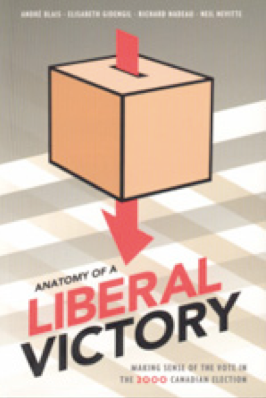 Research is essential. Corroborating claims is essential. Thomas Jefferson had several mistresses all of them slaves. The opposition accused him of this but there was no proof. 200 years later the truth came out. Jefferson won the presidency anyway. The value of professional political consultants was the injection of large sums of cash not the system by aspiring politicians and advocacy groups. They needed people who could navigate the competitive media environment. Being factually accurate is tremendously important. You need quick opposition research and response. The need for speed in the CNN, NBC news cycle is paramount.
Research is essential. Corroborating claims is essential. Thomas Jefferson had several mistresses all of them slaves. The opposition accused him of this but there was no proof. 200 years later the truth came out. Jefferson won the presidency anyway. The value of professional political consultants was the injection of large sums of cash not the system by aspiring politicians and advocacy groups. They needed people who could navigate the competitive media environment. Being factually accurate is tremendously important. You need quick opposition research and response. The need for speed in the CNN, NBC news cycle is paramount.
It is fair, in some cases, to probe a person’s personal life. Buchanan was a rank anti-European. Bush’s attack dogs found out he drives a Mercedes-Benz sedan, a European car. Pure hypocrisy. Opposition are always interested in missed votes in the US. Scanning for fibs, contradictions are effective. March 2008: Clinton claims she was shoot at in Bosnia. Campbell’s EH-101 copter flip-flop was a heightened by a Grit young liberal dressed as a chicken. Resume inflation is another area of research. Campbell went to the London School of Economics but never completed her thesis. Campbell had not paid back the money to attend the London School of Economics. In June 1993, Liberals flooded the Access to Information bureaucrats with demands for Campbell’s expense accounts. Someone sent a nasty affidavit’s about Campbell’s divorces. Property records and list of political donors. One of the companies that had supported Campbell in 1993 had received donations in national defence contracts. Checking the facts is always a good idea.
An example of getting the facts wrong by the PCs in 1993. Jean Chrétien released the Red Book at the start of the campaign in 1993 risking that it’s effect would be deluded by the end. The Tories released a blue binder full of attacks on Chrétien’s positions in the platform prior to the Red Book’s release. The blue book was desperate attack of costings in a Red Book that had not been released yet. The credibility problem with the media hurt the Conservatives for weeks to come. Technology has made aggressiveness in politics a must. This is similar to the Dewey Defeats Truman error in the 1948 Chicago Daily Tribune.
The 2006 Leadership Race is another example. The Super Weekend of delegate selection was in preparation for the Montreal convention in December of that year. Michael Ignatieff was at 29.6% of the delegates. He was rumoured to be ahead of the ex officio vote as well pushing him to 35%. This is called A Great Big Honking Lead! Bob Rae had only 20%….Allan Gregg was saying that Bob Rae would be the winner in mid-September. Polling mistakes happen often. Kinsella explains empirical research polling techniques. Polls have effected the electoral process. Polls can be right but they can also be disastrously wrong.
The push polling in South Carolina against John McCain was very effective: “How do you feel about McCain’s legislation that proposed the largest tax increase in United States history?” McCain wanted to tax churches, McCain had an illegitimate Vietnamese child. The idea is to manipulate public opinion, not change it. Push polling is unethical. Researching factual information is ethical. Push polling is not.
Lesson Eight: Get the Handle Scandal Manual!
 Kinsella believes that Sponsorships work. They promote a cause or initiative. Helping sports team, charity fundraisers are a great service for a cause. Governments do sponsorships. In 1995, they cut spending on ads and polls. The Quebec brand was aggressively promoted. Kinsella wants the Canadian flag at Quebec post offices again! Should we stop promoting Canada in Quebec? Kinsella fundamentally believes that Martin should not have opened a public Commission but should have left it to the RCMP.
Kinsella believes that Sponsorships work. They promote a cause or initiative. Helping sports team, charity fundraisers are a great service for a cause. Governments do sponsorships. In 1995, they cut spending on ads and polls. The Quebec brand was aggressively promoted. Kinsella wants the Canadian flag at Quebec post offices again! Should we stop promoting Canada in Quebec? Kinsella fundamentally believes that Martin should not have opened a public Commission but should have left it to the RCMP.
The Bush attack on Clinton criminalized him with effect. Kinsella knew that the defence of Chrétien’s legacy was at stake and planned a campaign of anti-defamation. With the help of Carville, Kinsella developed his technique for victory (excluding the details of the Sponsorship Scandal):
1) Don’t Get Mad, Get Even! If you look guilty, if you look worried, you’re screwed. Make them sweat. Make them angry. Don’t ever let them see you sweat!
2) Magnify Mistakes, Misspending, and Misstatements! When someone is out to magnify your mistakes, misspending, and misstatements then you need to return the favour. It’s the polite thing to do. It’s the smart thing to do, as well.
3) Hypocrites Always Deserve What They Get! Chuck Guité’s daughter was accused of getting preferential contracts while Gomery’s daughter was getting work from the commission through Ogilvy Renault.
4) Mock ‘Em, Sock ‘Em, Rock ‘Em! Jean Chrétien’s personalized golf ball interrogation is historic for demeaning the pettiness of the commission. The best way to defeat someone is to mock him or her. Humour is always an excellent strategy.
5) Tell the Truth and Take Responsibility! If someone tells a bald-faced lie, go after him. But don’t emulate him.
6) Motives Matter! People want to know why someone is chasing a scandal. Is it because they have to or want to?
7) Expose the Bullies! If a bully accuses you of something: rejoice! All the Martin people cared about was power. Getting it, keeping it. Martin supported Jean LaPierre for fuck-sakes! Martin says he loves public policy but hates politics. Martin destroyed Sheila Copps: Martin engaged in Regicide.
8) Get and Keep the People on Your Side! Martin did the exact opposite and it cost him everything.
9) Hit ‘Em Hard, Hit ‘Em Fast, Hit ‘Em Often! Speed kills your opponent. Never let a charge go unanswered. And Sponsorships work!
Kinsella uses the Sponsorship scandal as the case study in this section. He gives you information while simultaneously attacking the Sponsorship Commission. Kinsella attacks John Gomery for having loose-lips. Gomery revealed subtle bias against Jean Chrétien. Gomery’s daughter made a lot of money on the Commission as well as some PC friends. Gomery said he hated being lied to: implying that Liberals had lied to him. The Gomery commission cost the government a lot of money: it was an NDP line. Kinsella deeply despised the Martin people. He hates hypocrites after all! Gomery called Chrétien ‘small-town cheap’. Chrétien bit Gomery’s head off. Kinsella goes crazy jingoistic with the details of the Commission. Chrétien humiliated Gomery at the commission. The problem with the Martin people is that they lied too often. It’s not the breaking but the cover-up. No matter what was being said Gomery was wrong, wrong, wrong.
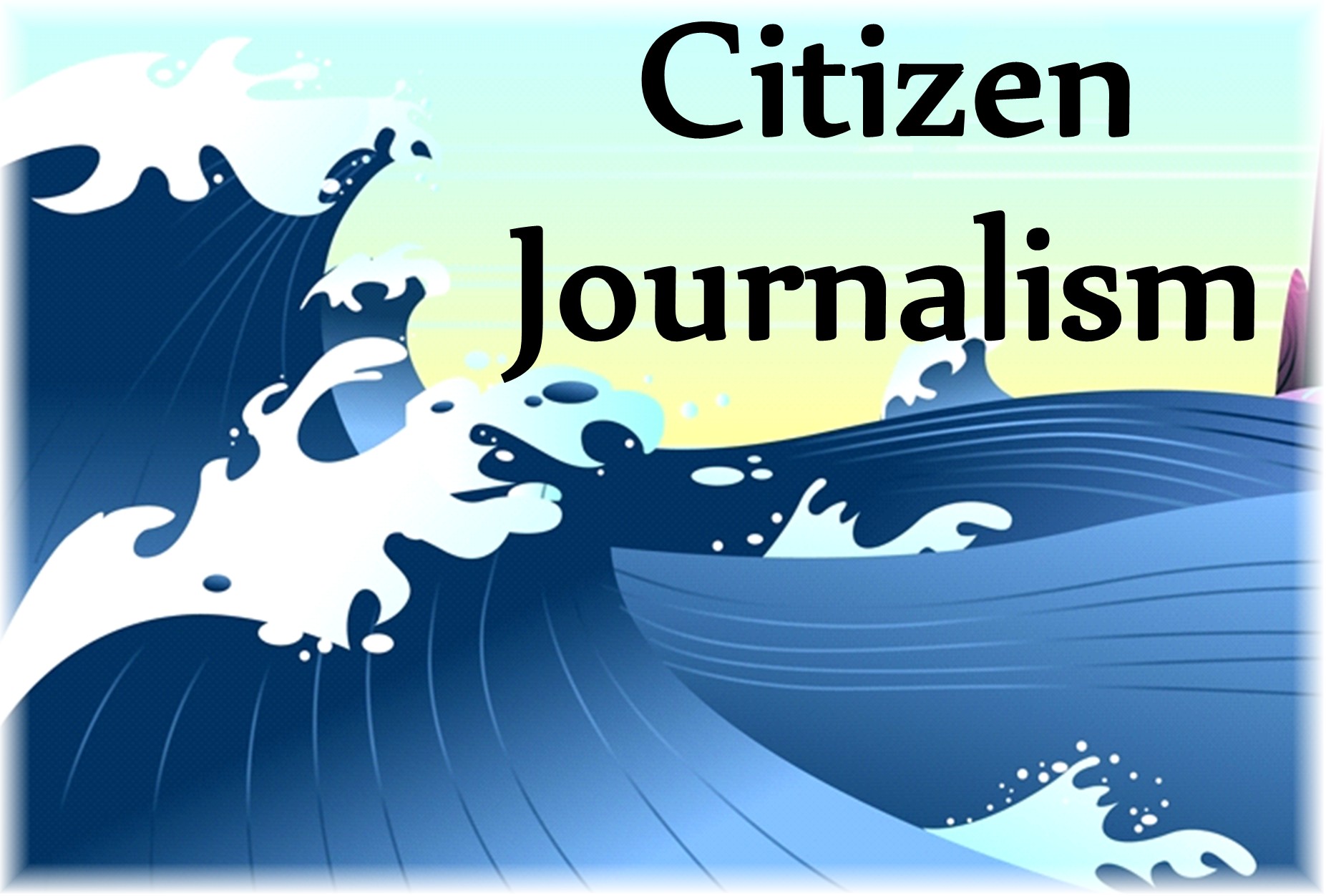 Citizen Media is the future of politics. Blogs are very valuable in politics. There aren’t many female blogs. Kinsella believes that the Internet has raised the overall quality of public debate. Citizen media is powerful. For example the Drudge Report revealed the Clinton-Lewinsky scandal while the mainstream media withheld the story for as long as they could. Kinsella explains the Lewinsky scandal and its consequences for Internet based Citizen media. In 2006, Fuddle-Duddle blogger, Thomas Hubert said Israel was a vile nation. Boris Wrzesnewskyj called for the removal of Hezbollah from Canada’s terrorist organization list. Jason Cherniak is a great blogger who fought back against these cretins. An NDP blogger also said negative things about Israel.
Citizen Media is the future of politics. Blogs are very valuable in politics. There aren’t many female blogs. Kinsella believes that the Internet has raised the overall quality of public debate. Citizen media is powerful. For example the Drudge Report revealed the Clinton-Lewinsky scandal while the mainstream media withheld the story for as long as they could. Kinsella explains the Lewinsky scandal and its consequences for Internet based Citizen media. In 2006, Fuddle-Duddle blogger, Thomas Hubert said Israel was a vile nation. Boris Wrzesnewskyj called for the removal of Hezbollah from Canada’s terrorist organization list. Jason Cherniak is a great blogger who fought back against these cretins. An NDP blogger also said negative things about Israel.
The moral is these stories is 1) a new era is upon us, whether you like it or not. 2) popularity of blogs has exploded, corporations and political parties have scrambled to ensure their presence in the blogosphere. 2) what happens online can have a profound consequence for citizens, organizations, government, companies and campaigns.
McCain’s website was attracting money. Obama’s is today….Dean the same. Despite the fact that James Bowie says on his blog today that Blogs aren’t important. That blogs are a liability and that anyone with ambition would be wise not to have one. Kinsella contends that this is not the case.
Ten Reasons Why Internet Bloggy Stuff Is Pretty Important
1) It’s Free: in 2006, warrenkinsella.com received 250,000 hits.
2) They’re Proudly Biased: journalistic objectivity is a joke anyway.
3) They’re Really Easy to Access: there are 1.6 Billion personal computers ww.
4) They’re the Hegelian Dialectic on Speed: public dialogue of ideas.
5) They’re Populist: you can bring in volunteers, ideas through the internets.
6) Google Power: bloggers have a high google rank sometimes.
7) Specialists Are Welcome: knowledge is diverse.
8. Interactions Are Welcome: there is a dialogue of ideas.
9) They’re Pithy as Heck: Blogs don’t take long to read.
10) They’re Fun: blogs are entertaining.
You can make a lot of money with the internet. This is where the future is going. The Virginia Tech tragedy will be remembered as the worst in US history. It will also be remembered for how Facebook users reacted to that tragedy.
Lesson Ten: Get Fighting!
Never ever give up the fight. Kinsella felt like a human piñata at times but he never quit. Everyone wanted Kinsella out of the Liberal Party. Don’t give up. Even if your wife says so. Don’t give up. You can’t quit your commitment to fight for your candidate, your campaign, or your cause. You will lose if you don’t try. Campaigns really matter despite declining rates of voter participation in elections. There are those such as James E. Campbell who say the Economics decides elections. He proved that if the GDP of the US was over 2.5% growth the incumbent won. This changed in Florida. Bush fought better and harder for the prize in 2000. Remember: W.W.C.D.; What Would Chrétien Do! Kinsella thinks that war rooms, and war roomers, have plenty to pass on to the people who don’t even work in politics. How, with smart planning and messaging and advertising – and a willingness to get tough and creative, and use every fat and figure and bit of technology at your disposal – you can beat back the scandal and the worst odds, and win. And win big……..





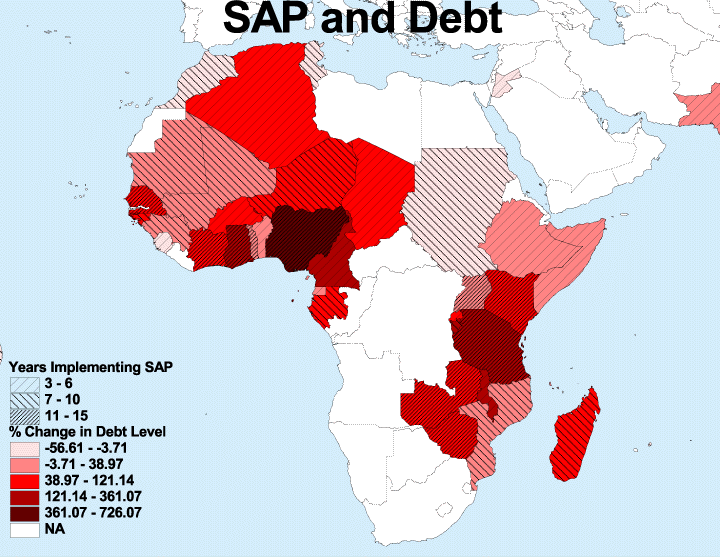

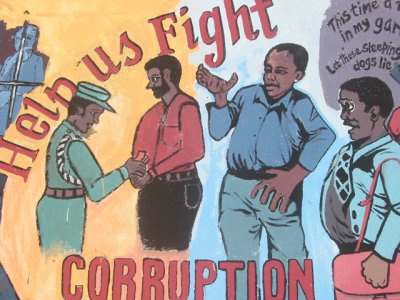
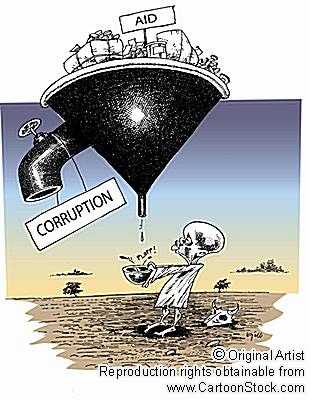
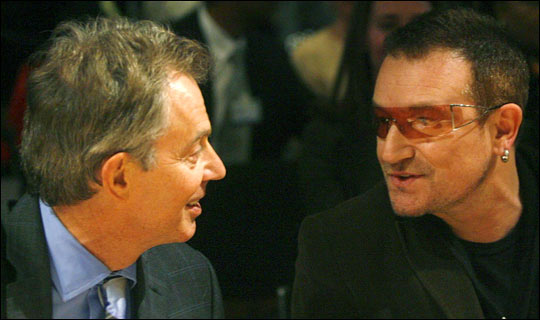
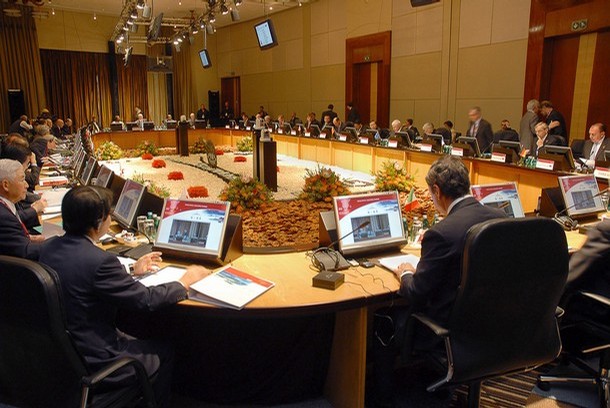

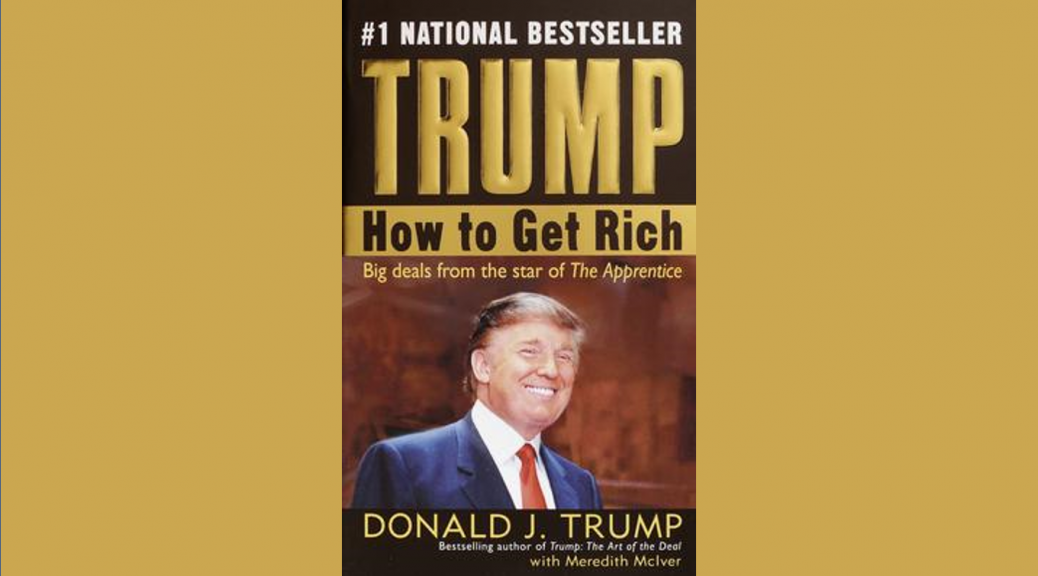
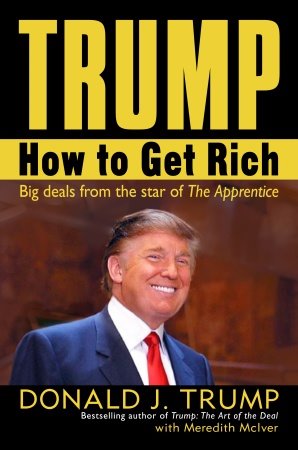
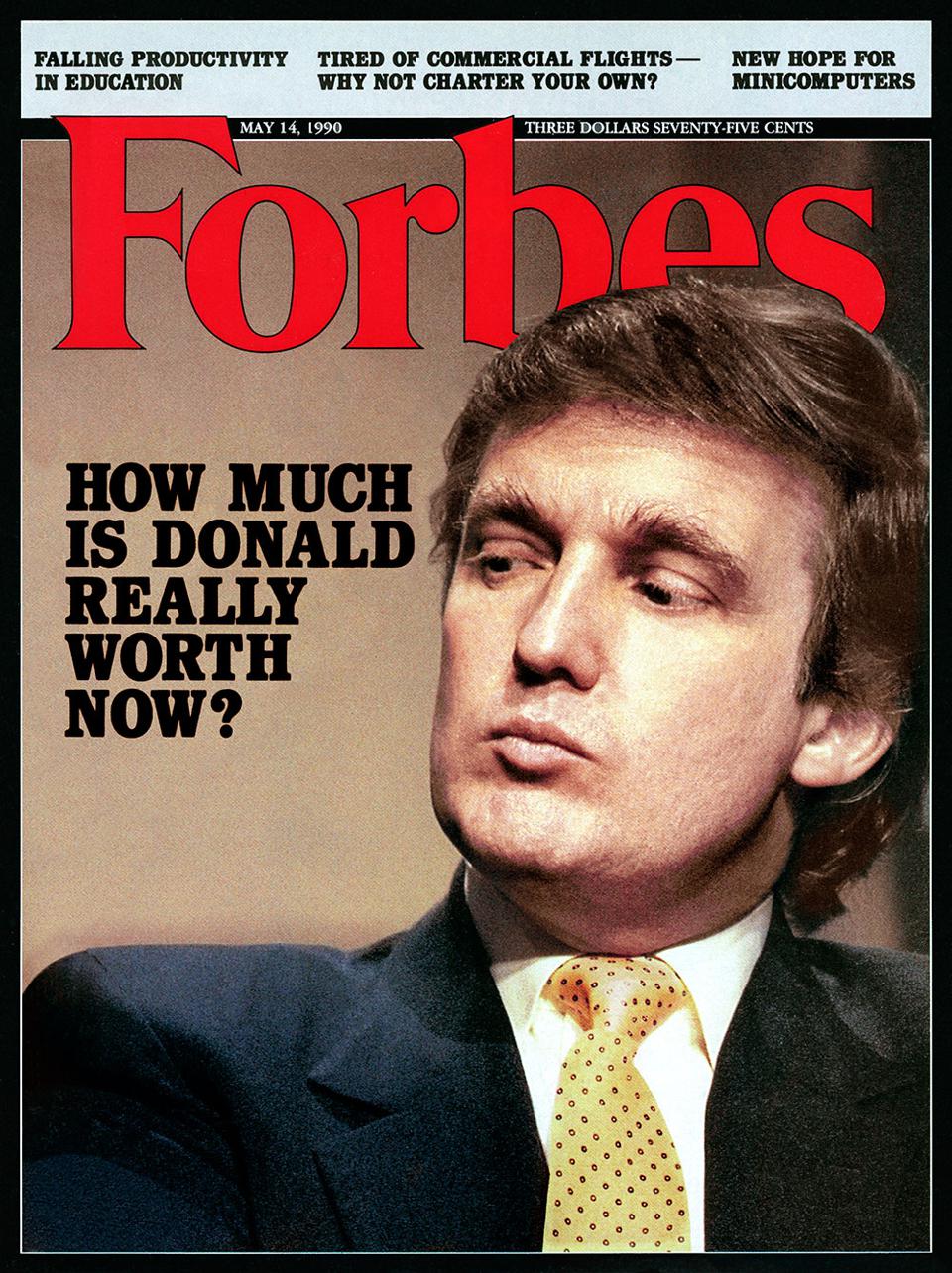





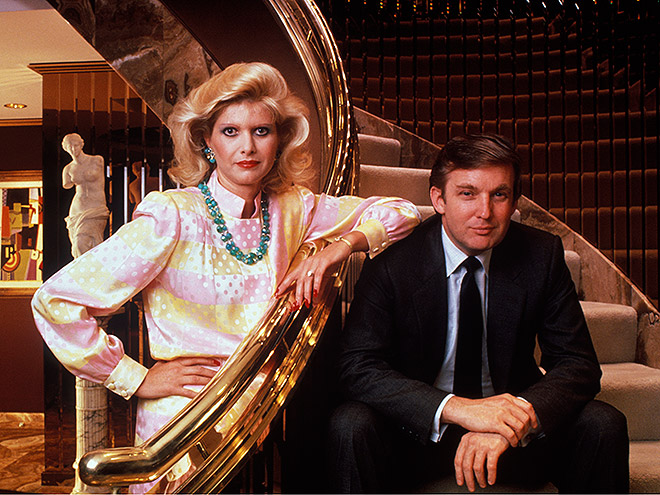










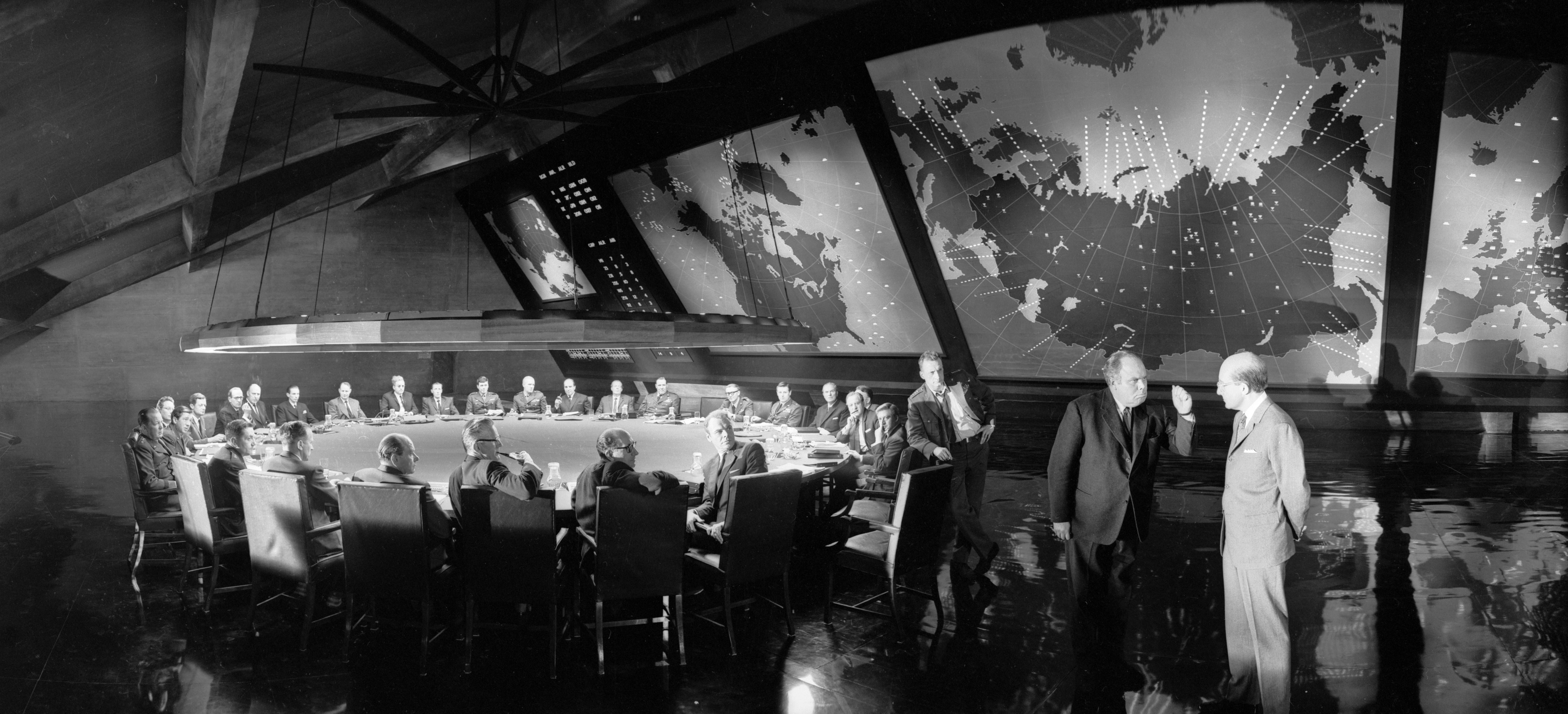



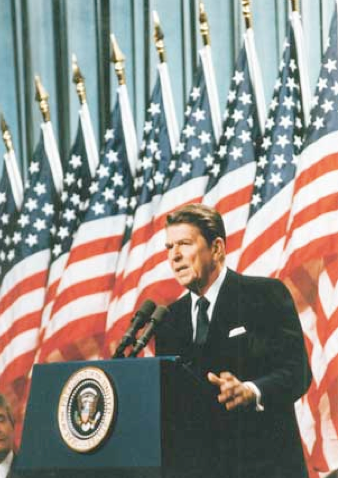
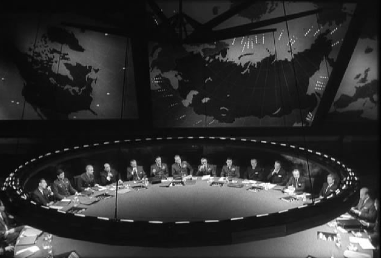







 Citizen Media is the future of politics. Blogs are very valuable in politics. There aren’t many female blogs. Kinsella believes that the Internet has raised the overall quality of public debate. Citizen media is powerful. For example the Drudge Report revealed the Clinton-Lewinsky scandal while the mainstream media withheld the story for as long as they could. Kinsella explains the Lewinsky scandal and its consequences for Internet based Citizen media. In 2006, Fuddle-Duddle blogger, Thomas Hubert said Israel was a vile nation. Boris Wrzesnewskyj called for the removal of Hezbollah from Canada’s terrorist organization list. Jason Cherniak is a great blogger who fought back against these cretins. An NDP blogger also said negative things about Israel.
Citizen Media is the future of politics. Blogs are very valuable in politics. There aren’t many female blogs. Kinsella believes that the Internet has raised the overall quality of public debate. Citizen media is powerful. For example the Drudge Report revealed the Clinton-Lewinsky scandal while the mainstream media withheld the story for as long as they could. Kinsella explains the Lewinsky scandal and its consequences for Internet based Citizen media. In 2006, Fuddle-Duddle blogger, Thomas Hubert said Israel was a vile nation. Boris Wrzesnewskyj called for the removal of Hezbollah from Canada’s terrorist organization list. Jason Cherniak is a great blogger who fought back against these cretins. An NDP blogger also said negative things about Israel.